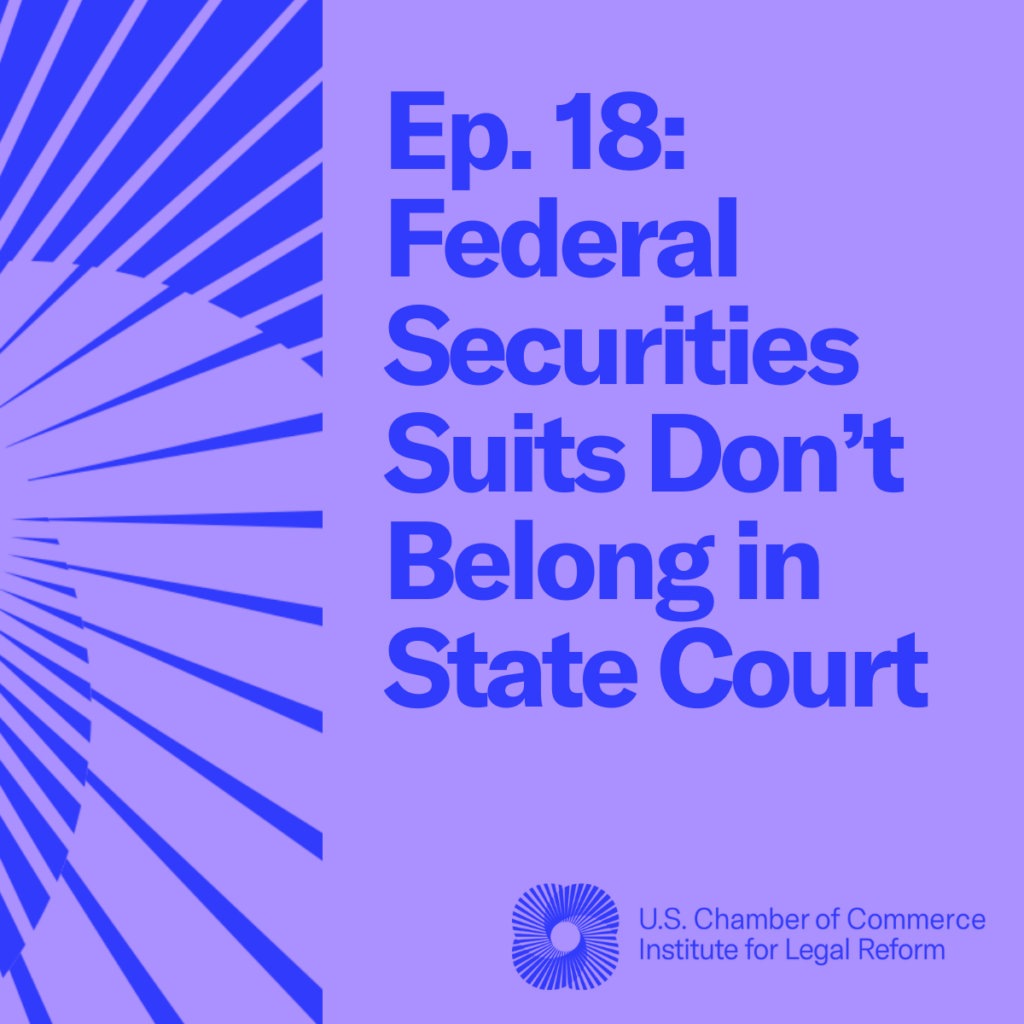Boston and Little Rock are more than 1,200 miles apart, but a $300 million settlement in a securities class action lawsuit has developments in the former causing concerns in the latter.
In 2016, attorneys from three law firms—Labaton Sucharow, Thornton Law Firm, and Lieff Cabraser Heimann & Bernstein—asked for $75 million in attorneys’ fees for their work on a securities class action against State Street Corp in federal court in Boston. Soon after their fee request was granted, the Boston Globe ran a scathing report detailing how the attorneys from these firms allegedly overbilled their clients.
That report led U.S. District Judge Mark L. Wolf to appoint a special master—Gerald Rosen, the former Chief Judge of the U.S. District Court for the Eastern District of Michigan—to investigate what happened. After a year and a half, Judge Rosen concluded, among other things, that the Labaton attorneys “engaged in consistent, conscious and calculated efforts to conceal” a $4.1 million payment to Texas attorney Damon Chargois.
Chargois never did any legal work on the case. He only introduced the attorneys to the Arkansas Teacher Retirement System (ATRS), which served as lead plaintiff.
This referral payment was the main discussion topic at a recent hearing in the Arkansas Legislature. One senator told George Hopkins, the executive director of ATRS, that there is “way too much smoke going around here.”
Hopkins told lawmakers at that hearing that he didn’t know about the fee until he read the special master’s report. Not all lawmakers believe him. One state representative has already called on Hopkins to resign.
While lawyer referrals or “finder’s fees” are legal in Massachusetts, a legal ethics expert told the Special Master that lawyers are legally required to disclose that information to the court in the context of fee requests in class action settlements.
But the Labaton lawyers never disclosed the finder’s fee to Judge Wolf. Even worse, Labaton appeared to have recouped the $4.1 million after double-billing the class members. Along with engaging in pay-to-play politics with public officials, these fees are part of the sordid underbelly of how law firms recruit public pension funds to act as lead plaintiffs in securities class action lawsuits.
Chargois detailed how he claimed to have earned his “finder’s fee” in a 2014 email to the Labaton firm, expressing concern that the firm was trying to reduce his share. The email is included in the Special Master’s report.
“We got you ATRS as a client after considerable favors, political activity, money spent and time dedicated in Arkansas,” Chargois wrote. “Where Labaton is successful is getting appointed lead counsel and obtains a settlement or judgment award, we split Labaton’s attorney fee award 80/20 period.”
This email caught Judge Wolf’s attention. He directly asked a Labaton lawyer if “all those millions of dollars stopped with Mr. Chargois” at a hearing on May 30.
Chargois does not elaborate on the “favors” and “money spent” to get the pension fund to hire the Labaton firm. But reporting from the Arkansas Times shows that Damon Chargois, Tim Herron and some partners from the Labaton firm were also significant contributors to Martha Shoffner’s campaigns for Treasurer. As part of her duties as State Treasurer, Shoffner served as a Board Member for the Arkansas Teacher Retirement System.
It remains to be seen just how intertwined the ATRS, the plaintiffs’ attorneys, and Arkansas officials were. But like the Arkansas senator said, there is certainly a lot of smoke around the case. It’s likely to get even more well-deserved attention from Arkansas lawmakers.
Unfortunately, this is just another example in a long line of controversial securities lawsuits. A research paper released by the U.S. Chamber Institute for Legal Reform in 2014 detailed the pay-to-play connections between frequent filers of securities lawsuits and state officials. With filings at near record levels, it’s difficult to think that potentially fraudulent or corrupt activity will go away on its own.
Congress and the U.S. Securities and Exchange Commission should step up and take action before it’s too late. The last time there was legislative action on this issue was the Private Securities Litigation Reform Act of 1995. It’s long past due for another look at a sector of the legal system that is rife with questionable conduct.



